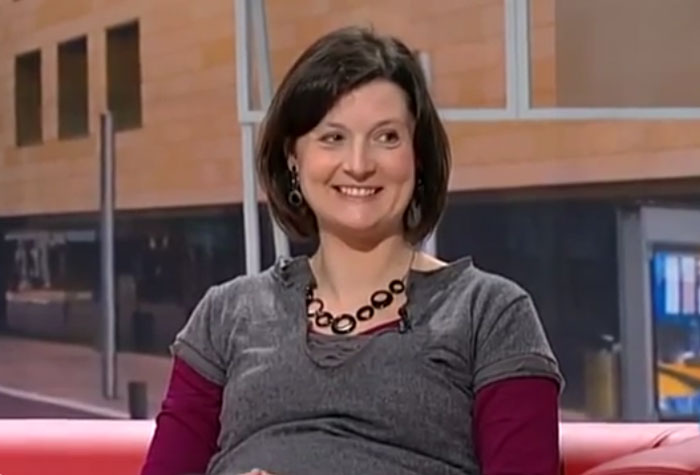Environmental justice, as studied in a variety of disciplines, is most often associated with addressing a certain population’s disproportionate exposure to pollution, contamination, and toxic sites. But environmental justice is not only about this. In this interview (in spanish), our professor Isabelle Anguelovski highlights how the environment affects our well-being as citizens. Environmental justice is defined as the fair treatment and meaningful involvement of all people regardless of race, color, sex, national origin, or income with respect to the development, implementation and enforcement of environmental laws, regulations, and policies.
Environmental inequalities, however, have only grown over the past decades, and citizen movements have multiplied in protest of the injustices committed by contaminating industries and the state of deterioration and neglect of vulnerable neighborhoods. Though these movements have resulted in many urban regeneration initiatives, the prevailing idea of the city as commodity has continued to generate speculation, exploitation and gentrification. Successful revitalization efforts are powered by what Isabelle Anguelovski calls “bottom to bottom” networking comprised of broad coalitions of residents, community organizations, architects, artists, funders, political leaders and environmental advocacy groups.
 In her book published this year by The MIT Press: Neighborhood as Refuge, Isabelle Anguelovski takes a broader view of environmental justice, examining wide-ranging comprehensive efforts at neighborhood environmental revitalization that include parks, urban agriculture, fresh food markets, playgrounds, housing, and waste management. She investigates and compares three minority, low-income neighborhoods that organized to improve environmental quality and livability: Casc Antic, in Barcelona; Dudley, in the Roxbury section of Boston; and Cayo Hueso, in Havana.
In her book published this year by The MIT Press: Neighborhood as Refuge, Isabelle Anguelovski takes a broader view of environmental justice, examining wide-ranging comprehensive efforts at neighborhood environmental revitalization that include parks, urban agriculture, fresh food markets, playgrounds, housing, and waste management. She investigates and compares three minority, low-income neighborhoods that organized to improve environmental quality and livability: Casc Antic, in Barcelona; Dudley, in the Roxbury section of Boston; and Cayo Hueso, in Havana.
Isabelle Anguelovski is a Senior Researcher and Principal Investigator at ICTA – Institute for Environmental Sciences and Technology at the Autonomous University of Barcelona and professor of our master. She researches urban environmental inequalities in the context of urban (re)development. This year, she has be awarded with the National Prize for Young Research Talent.

